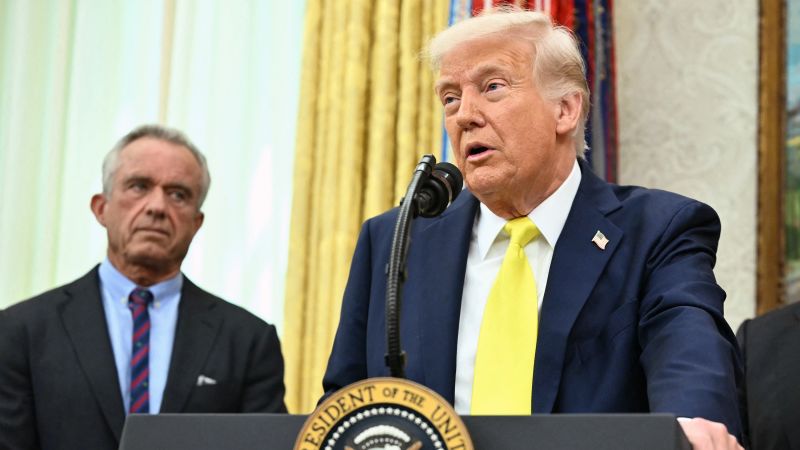The ongoing legal battle surrounding the Affordable Care Act (ACA) has resurfaced with significant implications as members of the U.S. Supreme Court prepare to deliberate on a key case concerning its mandates. This situation stands in stark contrast to the actions taken during President Donald Trump’s initial term, when his administration actively sought to repeal the ACA and refused to defend it against challenges posed by states led by the Republican Party. Currently, the Justice Department under President Joe Biden is advocating in favor of the ACA, particularly focusing on the mandates requiring coverage for specific preventive services at no cost to patients.
The case in question revolves around rulings concerning specific coverage mandates endorsed by the U.S. Preventive Services Task Force (USPSTF), an entity whose recommendations are designed to function independently of political influences. The implications of the Supreme Court’s decision could dramatically affect millions of Americans’ access to vital preventive health services such as cancer screenings, statin medications to prevent heart disease, and PrEP drugs used to combat HIV infections. It has been reported that cost-sharing has served as a substantial barrier for many individuals attempting to access necessary healthcare, a point emphasized by Georges Benjamin, the executive director of the American Public Health Association. He elaborated on how eliminating cost-sharing could lead to increased participation in preventive care, from blood pressure checks to essential cancer screenings.
Simultaneously, the current context features Health and Human Services (HHS) Secretary Robert F. Kennedy Jr., who is making substantial changes at the agency. His controversial plans involve mass layoffs and the establishment of a new entity dubbed the “Administration for a Healthy America,” which will wield considerable power in shaping public health policy. Kennedy has frequently questioned established public health guidelines, and a favorable court ruling could enhance his influence over expert panels tasked with crafting health policies.
On another note, the legal challenges against the ACA stem from a lawsuit instigated at the end of Trump’s presidency by a Texas business and individuals who opposed providing coverage for certain preventive services due to their personal religious and moral beliefs. Their case hinges on accusations that these mandates are unconstitutional as they originate from a task force whose members have not undergone the Senate confirmation process. While lower courts largely agreed with the challengers’ concerns about the Appointments Clause regarding an entity affiliated with the task force, the Supreme Court’s ruling could restore the mandates’ legality and sanction further discourse concerning how these mandates should be developed.
Despite the ongoing conservative legal challenges to the ACA, experts emphasize that a ruling preserving these mandates would not conclude the broader debate. Legal analysts, such as Nicholas Bagley from the University of Michigan Law School, have noted the ideological shifts surrounding health policy-making, arguing that decisions regarding preventive services are now primarily entrusted to a HHS Secretary with views that diverge significantly from mainstream medical guidelines.
It is essential to highlight that the legal outcome may not only affirm the mandates currently in place but also potentially shape the future landscape of public health policy in America. The case exemplifies how divisive viewpoints on healthcare, influenced by ideological perspectives, impact the accessibility of essential services for millions. As the Supreme Court deliberates, the implications extend far beyond the immediate legal arguments, potentially influencing public health strategies nationwide, as Secretary Kennedy wields increased authority over health recommendations. The dispute centers not just on health mandates but embodies the ongoing struggle over how policy is shaped and who wields the real decision-making power in health care governance.



